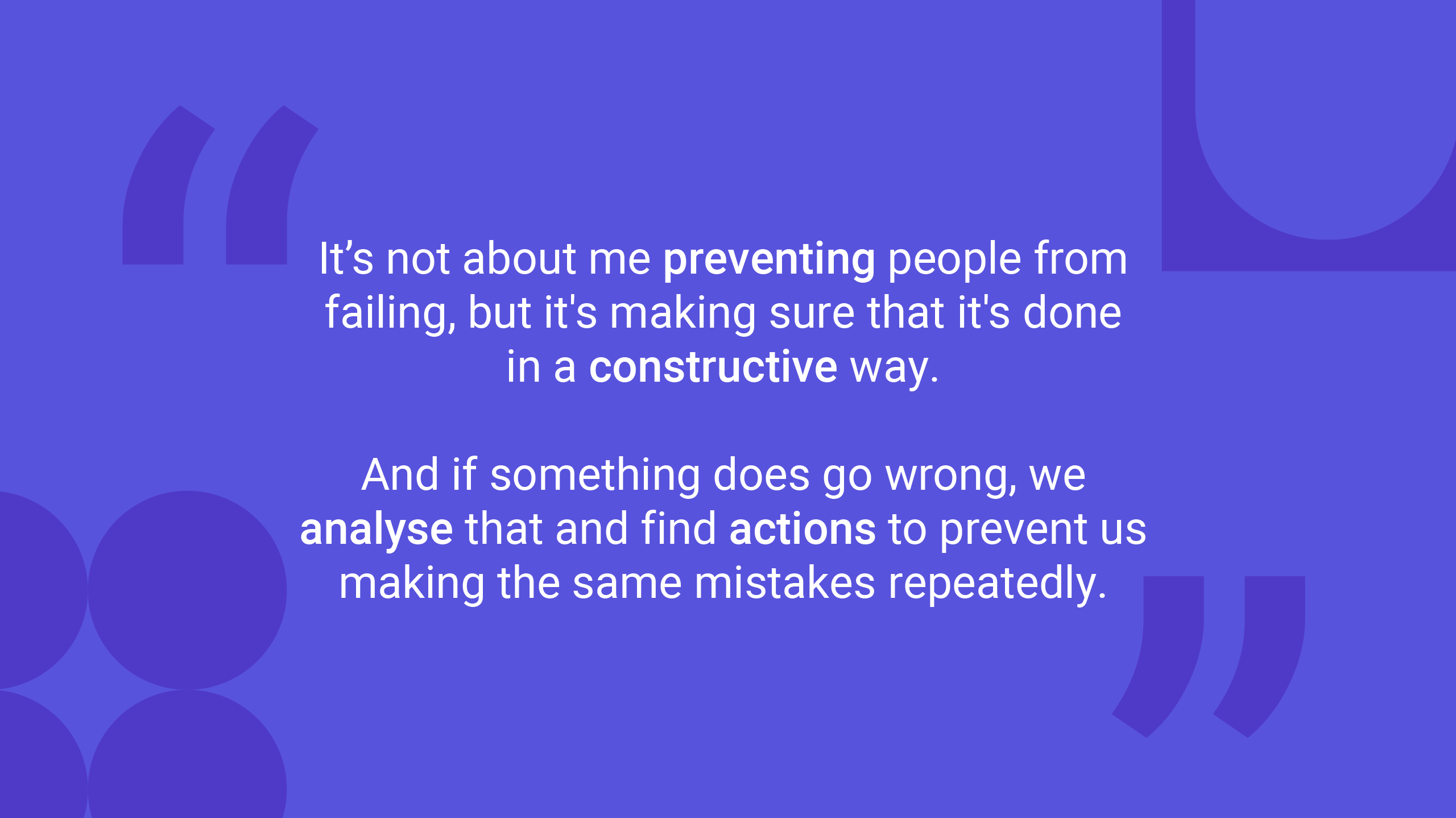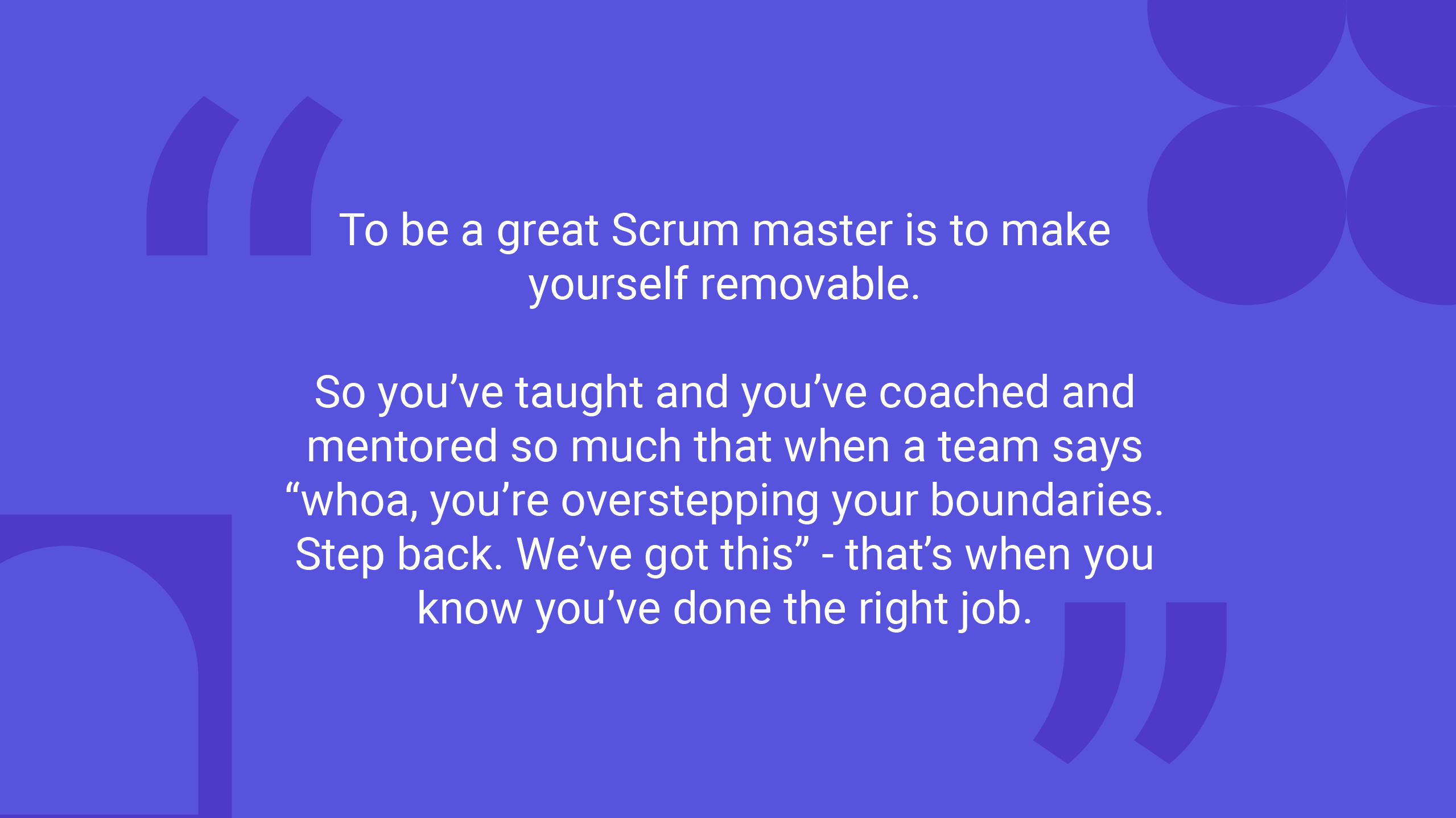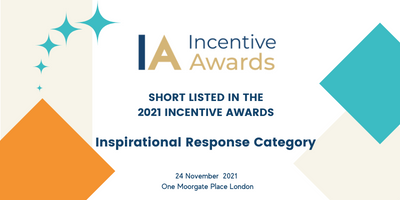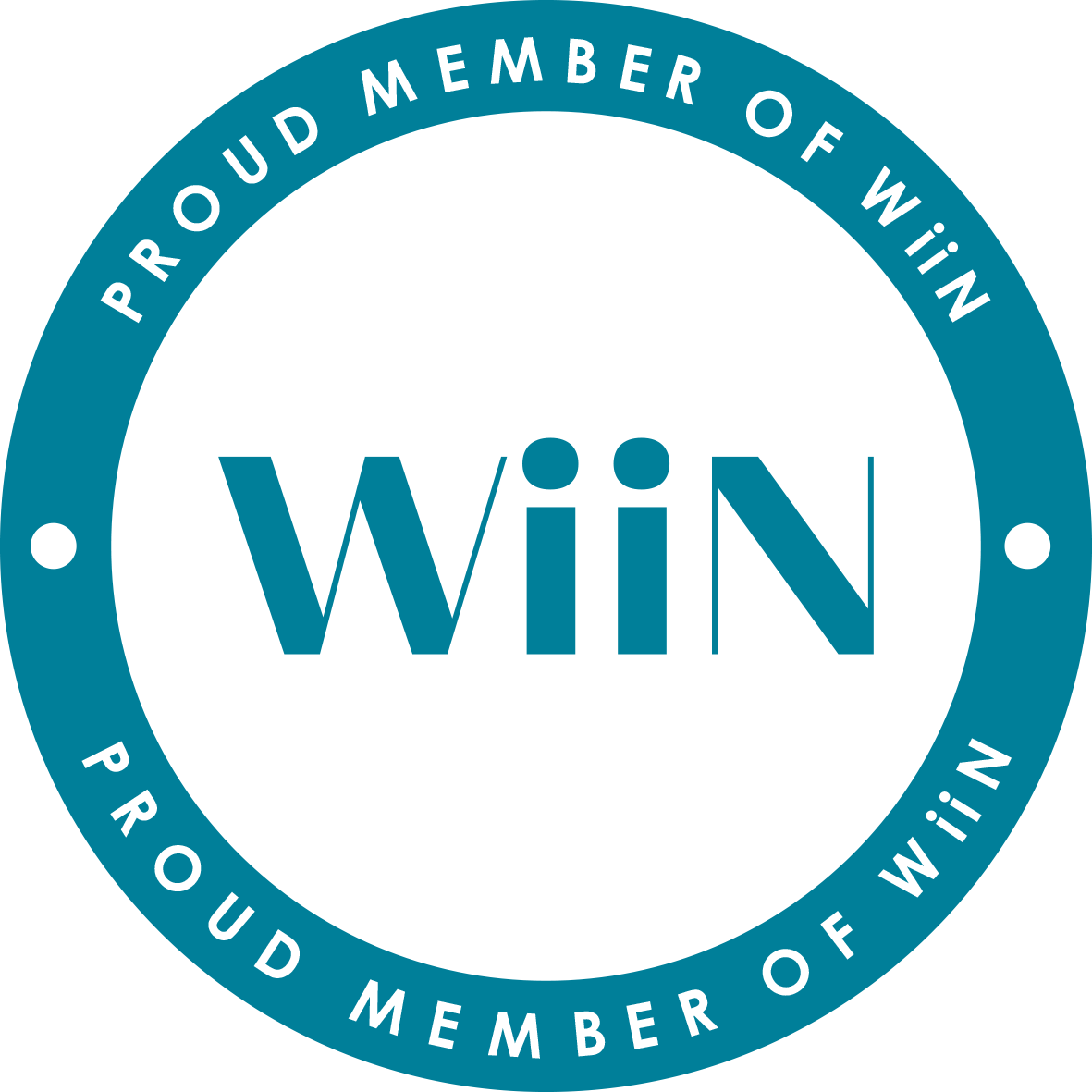Read time 5 mins
Author Tillo


I recently sat down with Greg Youngman, Tillo’s Scrum master, to find out what the role of Scrum master actually entails, and what he’s learned since he joined Tillo five months ago.
Part teacher, part coach, part therapist - a Scrum master facilitates team communication and collaboration, using agile project management techniques. I asked Greg how he came to be in this role, what appealed to him about working at Tillo in particular and what advice he’d give to someone looking to get into a similar role.
Greg is one of the warmest people you could meet and has the best energy; he’s already done a lot to facilitate growth and collaboration within our engineering team. I so enjoyed this conversation (and it contained some great life advice).
Here’s what he had to say:
A Scrum master is someone that teaches and coaches teams, departments and a company in the Scrum framework. - helping the team to navigate through complex projects and developing efficient processes. Scrum masters are basically facilitators of Scrum (the light-weight agile framework with a focus on short sprints).
I kind of see the role as part group therapist, and part process analyst, part teacher and part coach!
I spend a lot of time helping the teams identify any blockers or impediments in the workflow, and then empowering them to resolve them themselves. And if they can't, to kind of step in, and push that process from a “higher” level.
So my typical routine is that when I come in in the morning, I look through Jira (our resource planning tool) to review the current work that’s going on and take stock of where we are at. If there are new tasks that we need to look at that are really important then I’ll start with these. And I facilitate quite a few events: that could be facilitating a retrospective or a planning meeting, for example, making sure that we are getting the most out of those sessions. I regularly check in with people, following up on any open impediments that we need to resolve.
And then I’m also checking in to see where people are at, if it's a really stressful time for them just asking: is there anything I can do? Is there any support I can give you? And then really just waiting for kinds of teachable moments and those moments are not about me preventing people from failing, but it's making sure that it's done in a constructive way. And if something does go wrong, we analyse that and find actions to prevent us making the same mistakes repeatedly.

So most tech companies go through a startup phase, where it's just a case of “let’s get everything out as quickly as possible”. And then when they go into a period of growth, it makes not just the technical systems they're working on more complicated, but also the human element around it. So they normally bring in a Scrum master or Agile coach in order to kind of be a mirror and say, “Okay, this is where we’re going wrong. What does that look like to you? And how do we resolve these issues?”
In terms of how it’s evolving, I currently make sure that I spend enough time with each individual team, so that I can actually start to let them go a little bit, to be a little less “in control”. And then you can engage the next team and start up the process with them. In actual fact, to be a great Scrum master is to make yourself removable. So you’ve taught and you’ve coached and mentored so much that when a team says “whoa, you’re overstepping your boundaries. Step back. We’ve got this” - that’s when you know you’ve done the right job.
And then I can step back and focus on other areas. It’s really about making sure that people don’t have an attitude of “well this is the way we’ve always done it.” Because that’s not growing. It’s not evolving.

I actually have a degree in anthropology - so studying people - and I worked a lot in customer service. I also had the opportunity to work in an incident management team with my previous company. And I did some Scrum and Agile courses with that company. One of the exercises we did was about knowing your own core values. I’d never really sat and actualised what those were. Once I did, I kind of looked at the role I was doing and the values that you need for that. They didn't connect the way that my values connect with Scrum values. So my core values are like honesty, empathy, equity, and self improvement. And then with Scrum values, it's about focus and openness and courage, commitment, and respect. And those kind of align a bit more.
My values also fit really well with Tillo’s - which are all about intention, passion, collaboration, drive, and surprising and delighting. So, one thing I've learned is that you live a better version of yourself if you live true to your core values, and you follow something that helps grow and nourish those. So that’s really what drew me to the role.
Definitely the people and the culture. Someone has said this before me but during my first interview with Briony, I was sold. I was like, I want to work here! Everyone here is so nice and helpful - and there's a real openness, again, going back to that value of being open.
Tillo has a culture where people can bring their full selves to work, whether they’re in a good place or not; there’s a culture of being able to be able to be vulnerable in front of each other, which is amazing because that's really where you connect with people is seeing vulnerability, and it's not something that is really encouraged in society as a whole.
This is really the same advice I would give anyone who wants to do anything - just do it. Just try it and go for it. The worst case scenario is that you're going to fail. But you'll learn something from that failure. And if you learn something, that's not a failure, you know, life is an experience, and you have to do things and try things.
If you’re considering a Scrum master role, it’s really important to just be good with people, and to learn not to solve everyone else’s problems but to help them solve their own issues. I’m such a problem solver but I have to hold back to let people solve on their own terms. You’re an expert on yourself and no one can solve your problems in the way that you can. So as a Scrum master, you’re just being that mirror for people and saying “Okay, this is what you’re telling me. This is the problem. What do you see the solution as?”
People skills are really important - as are teaching and coaching skills. And knowing when to teach and when to coach, because that can be a very blurry line. And it’s a process of discovery - sometimes you’ll be in teaching mode and then step away and think I should have coached that, and you keep learning. Every situation is different.
I think the biggest thing that I've struggled with in coming into a new role is having faith in myself. And just allowing myself to do the things that I know I can do, and just believing in me. Because I can be quite self-critical, and my inner saboteur will just go off.
The other thing is not coming to a situation with any assumptions. we’re just naturally wired to walk into situations with assumptions; but in this role you need to come in and be open to what's going to happen and not come in with any expectations.
No. Some people reach a Scrum master route through the tech side but I did not. I've worked with technical people for the last four years in my incident management role so I have a vague understanding of how it all works. But I don't have Tech experience.
And there are pros and cons to that: Pros are, I don't come to technical people with technical solutions. I can't try and solve their problems if I don't fully comprehend - I don't have that kind of conflict in your head. Con, it does take longer to get up to speed on some of the problems that we face, and how the whole system fits together. Overall, I think it’s been more of a pro in my case.
If you’re interested in joining team Tillo, please take a look at our open roles here.







